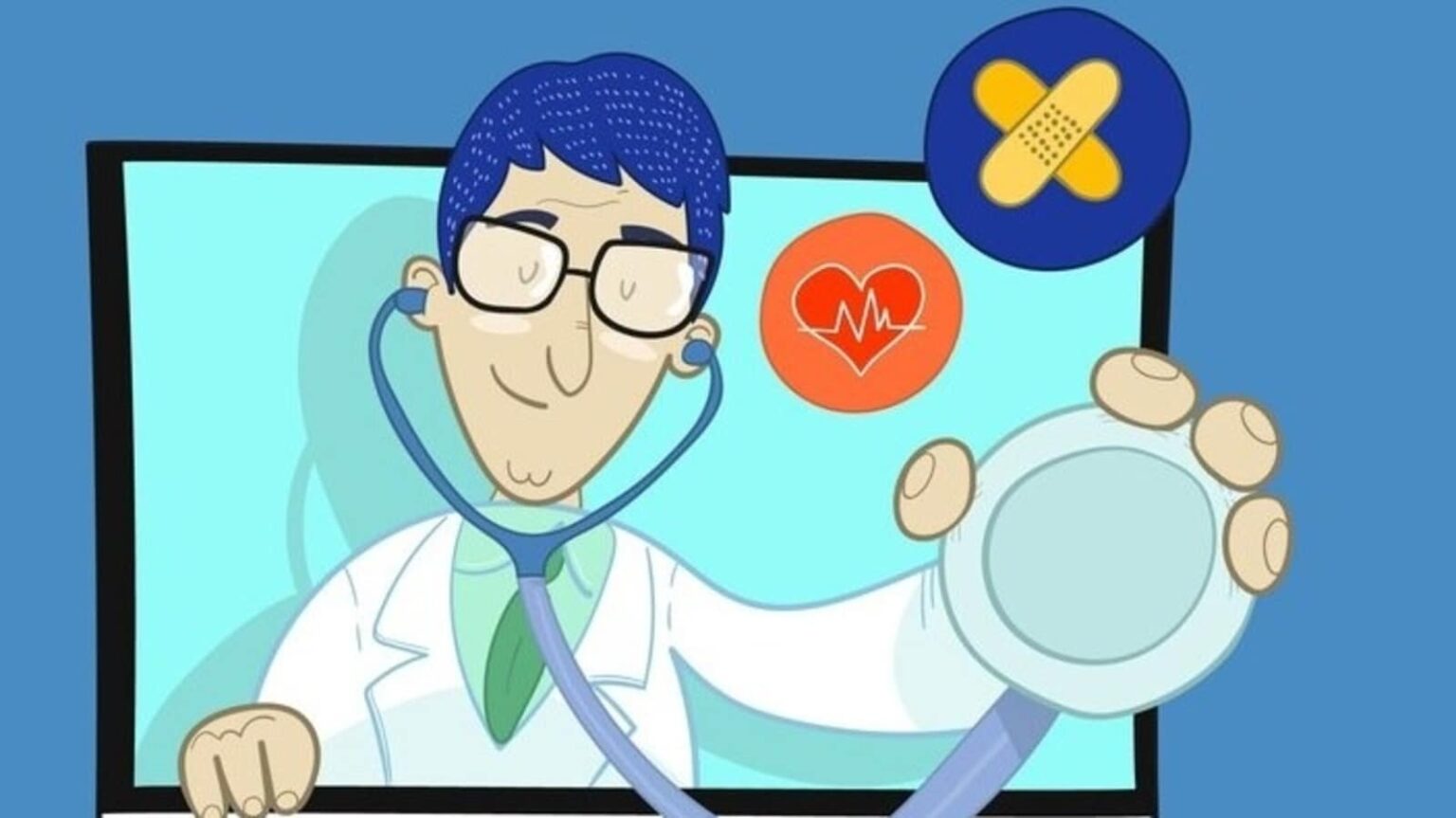Digital era has eased everyone’s lives with easy availability of information over internet and search engines attempting to provide answers to your queries. No wonder, people ‘google’ their symptoms before seeking professional guidance and at times self-medicate. However, experts warn that trusting online medial information can be detrimental to your health. (Also read: What is pica, the eating disorder that’s making a 3-year-old eat her sofa and walls?)
 IDIOT or The Internet Derived Information Obstructing Treatment refers to a pattern where people abruptly quit their treatment because they have blindly trusted internet medical information(Freepik)
IDIOT or The Internet Derived Information Obstructing Treatment refers to a pattern where people abruptly quit their treatment because they have blindly trusted internet medical information(Freepik)
While Internet has surely come to the rescue of people by helping them understand what problems they are suffering from, blindly trusting this information can be risky. In fact, it has been noticed that many people have been abruptly quitting their treatment because they trust internet medical information more than the expertise of their doctor. This pattern is being called IDIOT (The Internet Derived Information Obstructing Treatment) syndrome. It can raise risk of exacerbation or relapse of symptoms. Trusting internet for every health query can also increase your anxiety levels or lead you to make impulsive decisions about your treatment.
Unlock exclusive access to the latest news on India’s general elections, only on the HT App. Download Now! Download Now!
What is IDIOT Syndrome?
IDIOT or The Internet Derived Information Obstructing Treatment refers to a pattern where people abruptly quit their treatment because they have blindly trusted internet medical information. According to a Research Gate article, “doctors are becoming sick because of stress, and they need to take care of their health. There is an added demand to acquire communication skills rather than merely technical and professional qualities.”
Negative effects of IDIOT syndrome
IDIOT pattern, or discontinuing treatment grounded on internet information, can have significant negative impacts on health and treatment issues in the long term.
Dr Ather Pasha, Consultant Internal Medicine, CARE Hospitals, Banjara Hills, Hyderabad shares negative effects of IDIOT syndrome:
• Misinformation: The internet is a vast source of information, but it’s not always accurate or dependable. Cases with IDIOT pattern may come across misleading or incorrect information that convinces them to stop their treatment or drug precociously. This misinformation can lead to a worsening of their condition or the development of complications.
• Lack of professional guidance: Medical treatments are generally specified by healthcare professionals who have the training to make informed opinions about a case’s care. When cases calculate on internet information to make opinions about their treatment, they bypass this professional guidance, which can affect treatment.
• Deficient understanding: Medical conditions and treatments can be complex, and internet information may not give a comprehensive understanding of the factors involved. Cases with IDIOT pattern may discontinue treatment without completely understanding the reasons behind it or the implicit consequences of their conduct.
• Threat of relapse or progression: Numerous medical conditions bear ongoing treatment to manage symptoms help relapse, or slow complaint progression. Discontinuing treatment grounded on internet information can increase the threat of relapse or progression of the underpinning condition, leading to worsened health issues over time.
• Delay in seeking help: If cases stop their treatment without consulting a healthcare professional, they may delay seeking help when their condition worsens. This detention can affect in missed openings for early intervention and treatment adaptations that could have bettered issues.
• Cerebral impact: Living with a habitual or serious medical condition can be stressful, and seeking information online is a common way for cases to manage. Still, encountering disagreeing or intimidating information can increase anxiety and query, leading cases to make impulsive opinions about their treatment.
IDIOT pattern can have mischievous goods on health and treatment issues by exposing cases to misinformation, bypassing professional guidance, and adding the threat of relapse or progression of their condition. It underscores the significance of seeking medical advice from good professionals and critically assessing information set up online.

